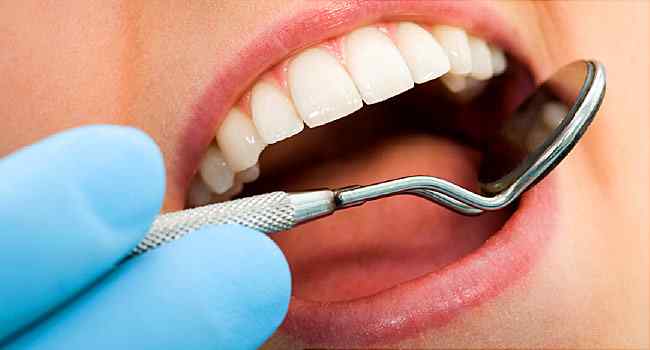Dental implants are metal posts i.e. surgically placed inside your mouth by surgeons to support an artificial tooth. Although implants are among the most successful dental procedure still there is a possibility for failures. In a rough estimation, about 10 percent of cases experience dental implant failures so George Pegios says it’s important to know about implant failure and other potential complications and to eliminate them before it gets worse.
Early Dental Implant Problems and Failures
Early dental problems occur in the initial phase i.e. with-in 3 to 4 months after the procedure. Pain and swelling are common after surgery; keep an eye on following complications that may develop with time.
- Infection at the Implant Site: An infection can develop during and after surgery and the possible causes for this might be smoking, bad oral hygiene and autoimmune diseases.
- Implant Micro-Movements: Micro-movements of the implant can occur when a dental implant lacks stability immediate after tooth replacement and it usually occurs when a surgeon performs an immediate tooth replacement after implantation. It put stress on implants and leads to failure.
- Insufficient Bone Support: Poor bone support to an implant is also a cause for surgery failure. In the absence of adequate bone implant usually can’t fuse with the jaw properly.
- Allergic Reactions: Some people might be allergic to titanium alloy metal used in most of the implants may show allergic symptoms such as tingling sensation, loss of taste, and swelling. If you are prone to such allergies mention it clearly to your surgeon so that he can use some other material for implant.
Long Term Complications of a Dental Implant
- Nerve damage may occur when a surgeon places an implant too close to a nerve. The various signs may include numbness and tingling in the face, gums, tongue, and face.
- George says sometimes body rejects foreign body objects and this rejection shows different signs such as increased pain, fever, swelling and chills.
- An implant placed on the upper jaw may convert into a sinus cavity.
- Injuries surrounding implants can loosen an implant and can result in failure.
Signs for Dental Implant Failure
- Gum inflammation.
- Difficulty in chewing.
- Increased swelling.
- Gum recessions.
- Loosening and movement of implants.
- Severe pain and difficulty.
Preventive Care Measures
Generally, dental implants failures can’t be prevented still you can take steps to reduce or eliminate the risks and complications.
- Take proper care of dental implants through brushing and flossing and use of mouthwash.
- Stop smoking.
- Visit a dentist every six months.
- Increase your calcium intake through eating calcium-enriched food such as milk, oranges, cheese, yogurt, and broccoli, etc.
- Never go for immediate replacement after an implant procedure.
- Avoid habits and foods that could be teeth damaging.
So if you want to save yourself from long-term dental issues you need to carry out good oral hygiene to keep your mouth, gums, and implants healthy. For professional help and to quest more on the topic feel free to contact George Pegios a professional dentist working in the field from years.




